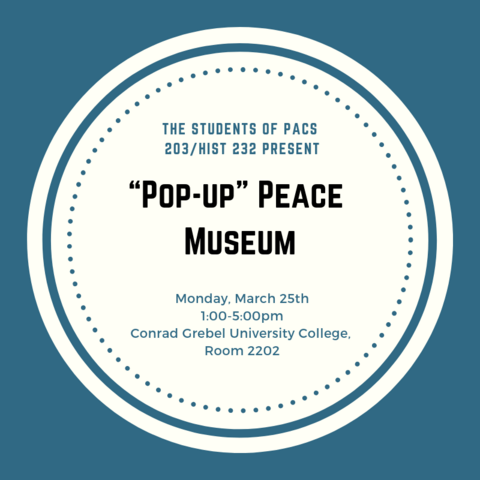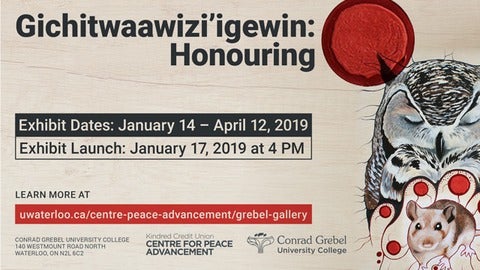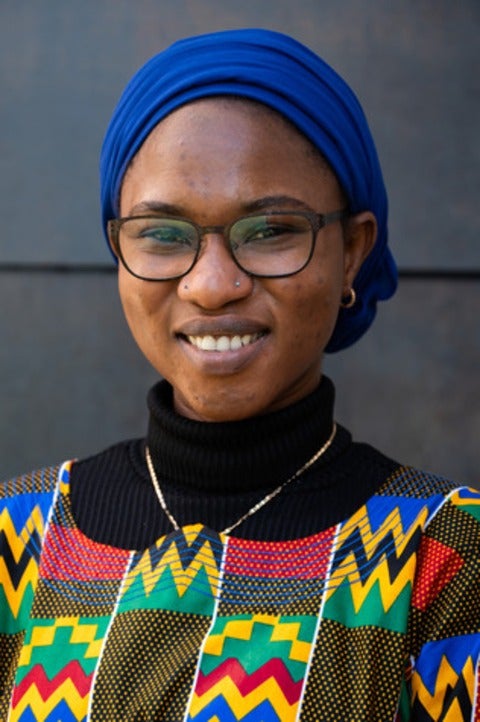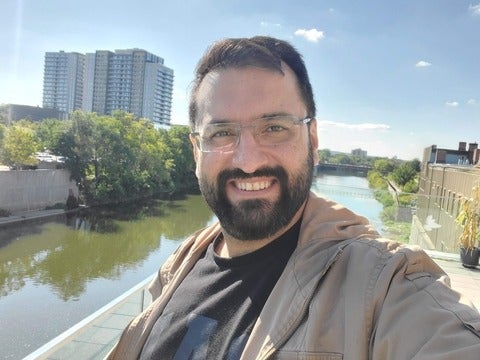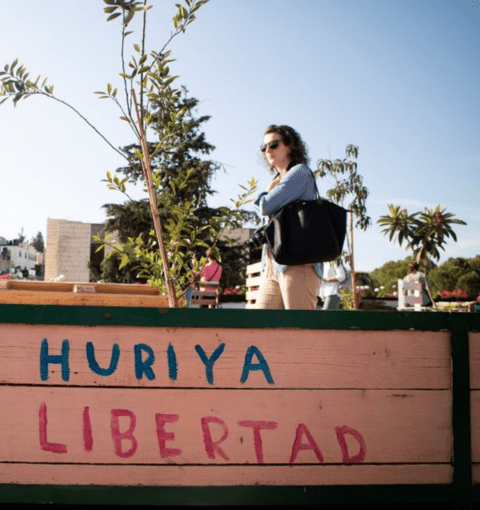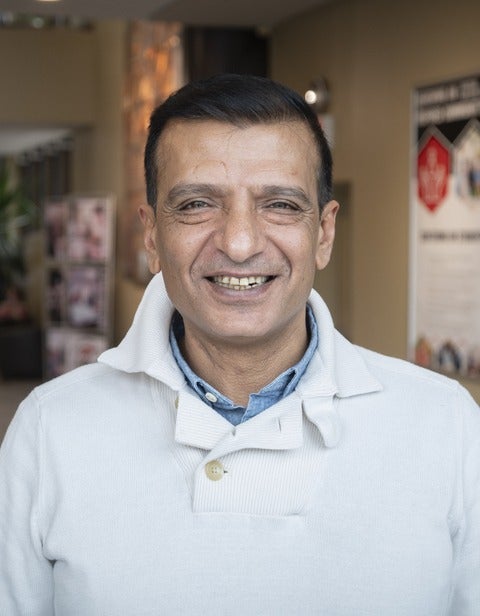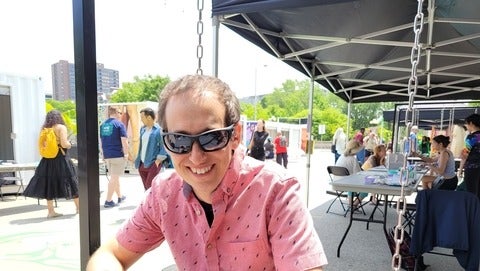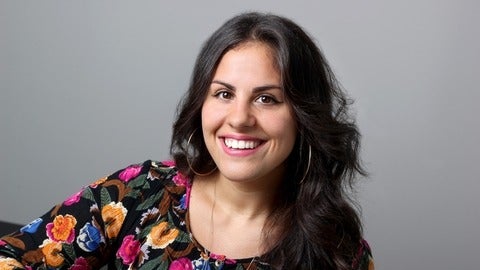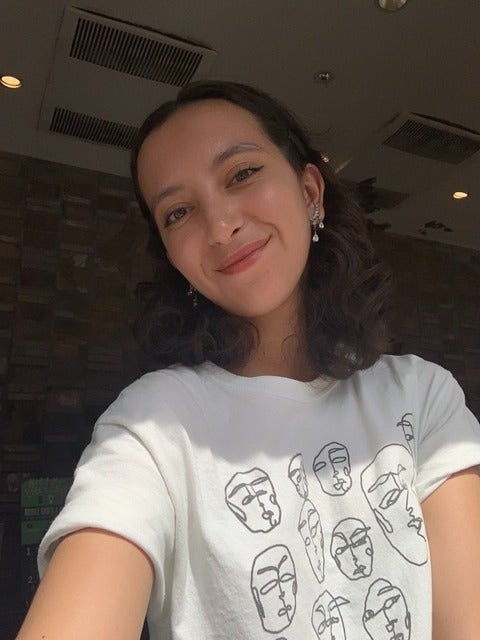“The world of work today is defined by disruptive business models, flattened hierarchies, integrated networks of teams, and global hiring practices. As a result, the workplace is more diverse than ever before,” explained Grebel alumni Wali Muhammad, who studied in the Master of Peace and Conflict Studies program at University of Waterloo, based at Conrad Grebel University College. "When people from diverse backgrounds try to work together as teams, it creates a huge potential for conflict. Simple misunderstandings often result in wasted potential and depleted team performance.” For more than 10 years, Wali has worked to fix this persistent problem of cultural incompatibility.
